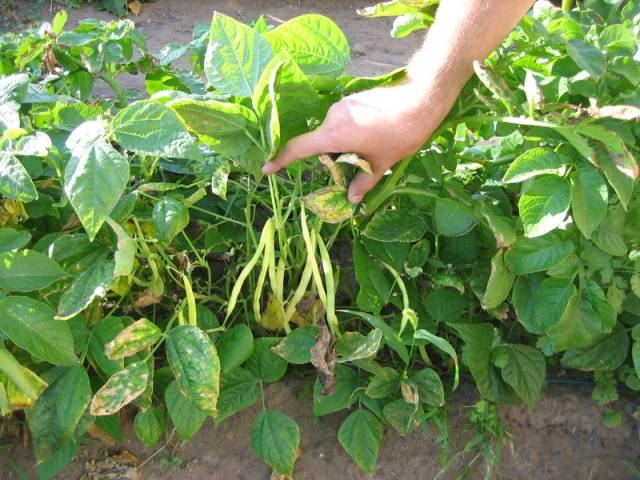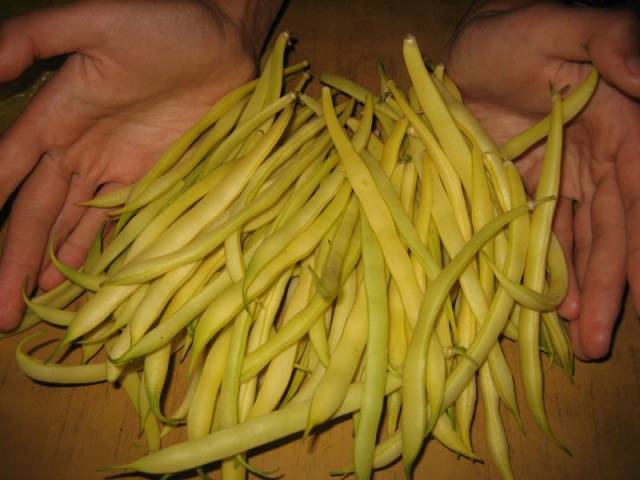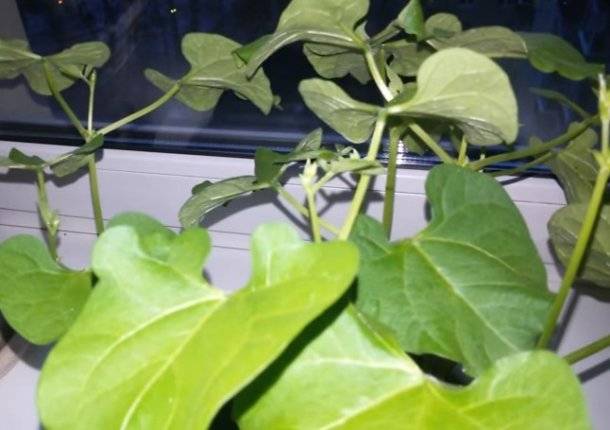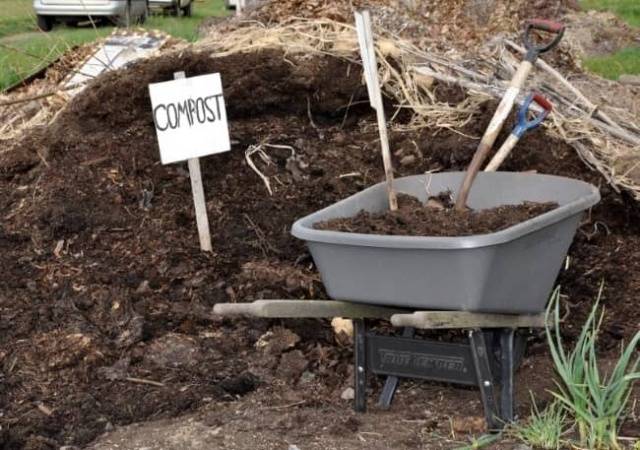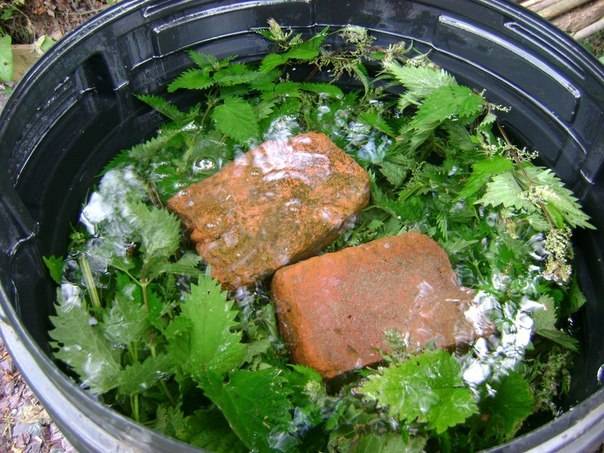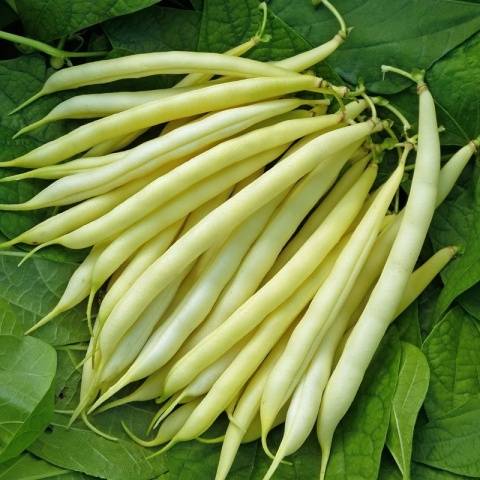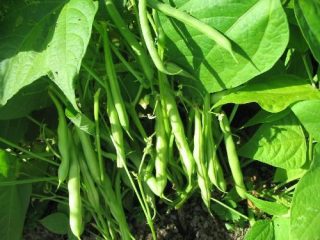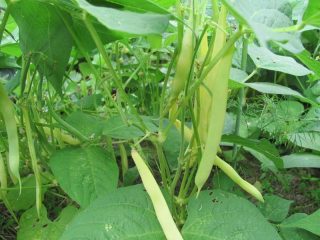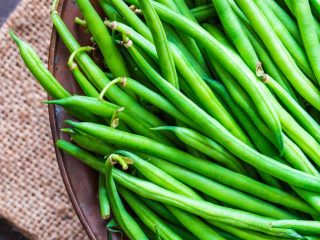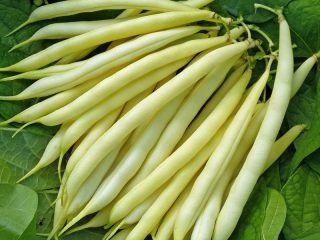Beans are the oldest vegetable crop on our planet, for more than 7 thousand years people have been eating it. Native culture from Central and South America. Now a large number of varieties of beans are known, the most useful is the asparagus beans.
Benefit
A useful dietary product with a rich composition of vitamins and microelements. In terms of nutritional value, asparagus beans are close to meat, so they can be a budget substitute. Manufacturers most often offer customers canned or frozen beans. Fresh beans, and even plucked from their garden, are much healthier. Moreover, growing beans is a simple process and does not require significant efforts from you.
Description
Among the varieties that are successfully mastered by Russian gardeners, the oil king asparagus beans are especially popular. The variety belongs to the early maturing, it takes about 50 days from germination to the beginning of fruiting. The oil king is a bush variety of asparagus beans, the plant is compact, no more than 40 cm high. The plant is resistant to diseases, tolerates the lack of regular watering.
But if you follow simple agrotechnical techniques, it gives a consistently high yield in the form of light yellow beans, which grow up to 25 cm long. They do not contain a parchment layer and fibers. Even if you do not harvest at the stage of milk ripeness, the quality will not suffer at all. The pods remain the same tender, there is no stiffness and fiber. The taste of the Butter King variety is very pleasant, similar to the taste of young asparagus shoots. The fruits do not require prolonged heat treatment; they can be preserved and frozen.
Growing
The Oil King variety is grown in the open field. Sowing seeds is carried out in prepared soil at the end of May - beginning of June, since the plant is thermophilic. The soil temperature should be at least +15 degrees, and the threat of cold snaps and frosts should also be avoided.
For the northern regions, the seedling method of growing the Oil King variety is suitable. In mid-May, plant seeds for seedlings in separate containers, peat pots are best. Seedlings will appear in a week, and after 10 days it will be possible to plant seedlings in open ground. Focus on the weather conditions in your climate zone. If the weather is cold, then it is better to postpone planting young plants in the ground.
Bushy asparagus beans grow best on light soils, with a lot of pores through which the air and water necessary for the plant pass to the roots. The oil king does not tolerate stagnant water in the soil. Therefore, clay soils are not suitable for growing asparagus beans.
The soil needs to be dug up and potash-phosphorus fertilizers and fresh manure are applied. By spring, organic matter and trace elements will pass into an easily accessible form dissolved in the soil layer. Young plants cannot perceive undecomposed organic matter, and a high concentration of trace elements is harmful to sprouts and seedlings.
The Oil King variety is unpretentious in care. He will need watering, feeding and removal weeds... Do not neglect feeding. The simplest and not requiring financial costs: top dressing with herbal infusion and slurry. For herbal infusion, use nettle, dandelion, woodlice, bluegrass. Do not use horse sorrel, wheatgrass, buttercup. They contain nutrients, but they contain substances that inhibit the growth of cultivated plants. Keep in mind that too frequent watering with herbal infusion leads to alkalization of the soil.Watering with slurry can be carried out an unlimited number of times.
Harvesting is the most enjoyable process for all gardeners. Pick the Oily King fruit as it ripens. The more often you harvest, the more pods will be tied. About growing beans, see the video:
Conclusion
Asparagus beans are not a crop that will require your constant attention. Observance of simple agrotechnical techniques, and your family will be provided with a delicious and healthy product not only in the summer, but also in the cold winter months. The oil king does not change its taste either during freezing or preservation.
